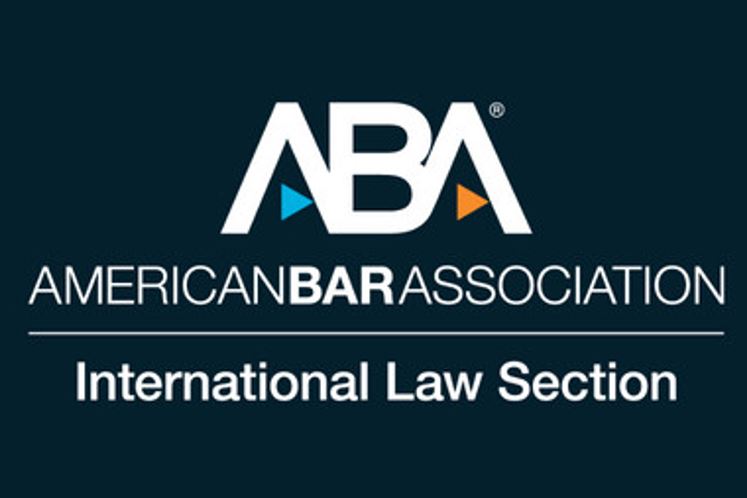I. Can allegations of corruption serve as a bar to jurisdiction of arbitral tribunals or admissibility of claims?
There is no clear answer to this question but, in general – rather not.
Polish procedural law requires that the arbitration clause specify the legal relationship/claim to be arbitrated. It does not indicate any restrictions on the legal relationships that cannot be the subject of arbitration. It can be assumed that, in accordance with the freedom of contract principle, the content or purpose of the arbitration clause does not contradict the nature of the legal relationship, the law or the principles of social coexistence.
From the perspective of the entire legal system, the concept of corruption/bribery is closely related to criminal law and that criminal liability for corruption is decided by a criminal court.
However, this does not mean that factual circumstances that prove the illegality of an action and are relevant to the assessment of civil claims, e.g. regarding the performance of any commercial contract, its validity, etc., cannot be proven before an arbitration court. It is conceivable that an arbitration tribunal may find that a certain behavior constitutes an offence under criminal law (human culpability is a different matter).
II. Can allegations of corruption affect the validity of an arbitral award?
In Poland, a party may request that an arbitral award be set aside if it was issued as a result of a criminal offence. Proceedings take place before a common court and is initiated by a complaint of an interested party. However, this does not mean that the civil court hearing the complaint, has the right to decide or assess criminal liability. Criminal liability can only be decided by the criminal court. The civil court may suspend the proceedings initiated as a result of the complaint, pending the outcome of the criminal proceedings.
Additionally, the legislator indicates the contradiction of the judgment with the basic principles of the legal order of the Republic of Poland (the public order clause) as a ground which should cause mandatory setting aside of the judgment,. It may be cautiously assumed that the demonstration of unlawfulness of conduct which may bear the hallmarks of a criminal offence will, in certain situations, fall within the definition of contradiction with fundamental principles of the legal order.
III. In annulment or enforcement proceedings, can the court review the award and the merits to determine whether corruption or related offences affect the underlying dispute?
Proceedings to set aside an arbitral award are not appellate proceedings in which the merits of the case would be re-examined. The Civil Procedure Code contains a closed list of circumstances that may form the basis for a complaint. They are of a formal nature, concerning the manner of appointment of the arbitration court, service of correspondence, the scope of the award versus arbitration clause, the authenticity of the documents on which the award is based. Also the issue of the offence which was to affect the judgment is treated in terms of a specific, qualified legal defect of the arbitration decision. In order to establish it, it would be necessary to establish the commission of an offence before a separate, relevant authority.
IV. Can courts review corruption allegations which have not been raised in the arbitration?
Yes, the argument concerning the commission of a corruption offence should even be raised before a common court. In the context of allegations of corruption, there is no preclusion of any kind. At the same time, it is important to emphasize that in order for such an allegation to be taken seriously, there must be a criminal prosecution for corruption pending or at least notification of the law enforcement authorities submitted. Merely claiming that a crime has occurred, without verification of this claim by the authorities appointed to do so, will not be credible and sufficient. However, it is impossible to exclude or prohibit a situation in which a party before an arbitration tribunal will prove the facts of unlawful actions of the opponent and these unlawful actions bear the hallmarks of corruption.
In practice it is likely that if the court examining a complaint against an award of an arbitral tribunal considers that the outcome of the case depends on the outcome of the criminal proceedings, it will then suspend the civil case until the criminal case is decided.
V. Do courts defer to the arbitral tribunal’s finding that no corruption acts were committed?
[N/A]
VI. Is there a standard of proof used by arbitrators and reviewing courts to assess the existence of corruption?
There is no specific standard of proof related to corruption allegations set by the arbitration rules or Civil Procedure Code. Assuming that corruption will be treated as a tort – unlawful behavior causing damage –, one can look for analogies in the way of proving such claims.
In legal language, corruption has the meaning of a criminal offence, prosecuted by the public authorities. In procedural practice, raising the corruption argument requires reference to particular criminal proceedings/investigation aimed to determine whether a corruption offence has been committed. This means either initiating criminal investigation by a party to arbitration proceedings, or referring to criminal proceedings already underway, when raising corruption allegations as explained in section IV.
VII. Which method do arbitrators and reviewing courts employ to establish evidence of corruption?
As explained above, there are no specific standards of proof in that matter (general, civil procedure standards apply) and establishing evidence of corruption in practice will likely refer to criminal investigations or proceedings.
VIII. Are arbitrators seated in your jurisdiction bound by criminal proceedings on issues that could impact the underlying arbitration dispute?
According to the basic principles of civil procedure, a civil court is only bound by a criminal conviction that prejudges the guilt of the offender. It is inconceivable that an arbitral tribunal would apply different rules and disregard such judgments, challenging the findings of a criminal court.
However, this means that there are other decisions issued by the criminal authorities which are not binding in terms of factual findings, e.g.: decision on discontinuing the investigation because the perpetrator of the offence has not been identified.
Criminal courts have exclusive jurisdiction over criminal liability regime.
IX. To what extent do they rely on or defer to findings from parallel criminal investigations?
As explained above, deference will be given to pending criminal investigations or proceedings. In this context, access to information from criminal proceedings, which is limited especially during the investigation stage, will be an important issue.
X. Are remedies available when an arbitral tribunal rules that there is no evidence of corruption but subsequently a criminal ruling decides otherwise?
In specific, listed circumstances, it is possible to lodge an application for the reopening of proceedings (court proceedings initiated against arbitration award), when – to simplify – new circumstances of the case arise. Criminal court decisions on someone’s criminal liability may be considered as such. An action for reopening is a specific, exceptional remedy, limited by time limits: the time to file an application is no later than 3 months since the party learned about the cause to reopen the case and no later than 10 years after the case to be reopened had been completed.


